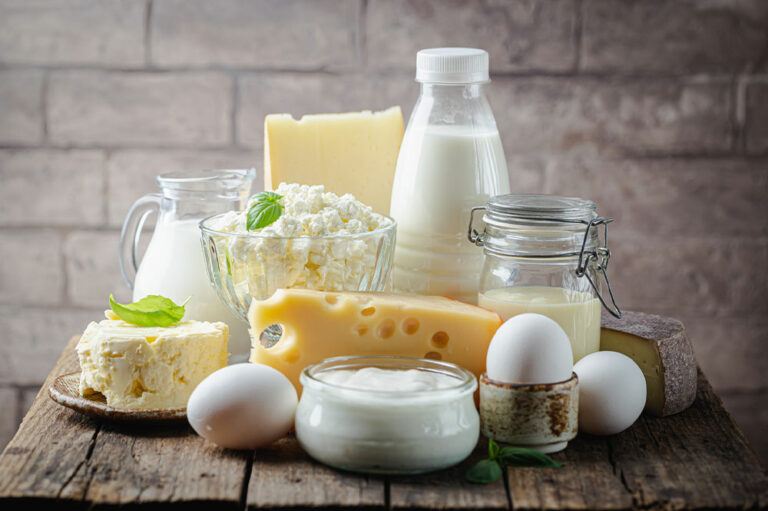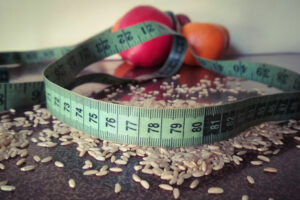
4 foods that can trigger eosinophilic esophagitis
Eosinophilic esophagitis is a chronic immune system condition. Here, the body’s immune system starts producing a large number of eosinophils—a type of white blood cell. These cells begin to grow in the lining of the esophagus, which connects the mouth to the stomach. Over time, the buildup can lead to inflammation, allergies, and acid reflux, among other symptoms. Here is a look at certain foods that can trigger this condition : Wheat products Studies have found a strong correlation between eosinophilic esophagitis and food allergies. This is why doctors recommend that one should avoid foods that are likely to cause allergic reactions. Wheat is a common food allergen, which induces a reaction as the body produces antibodies to certain proteins found in wheat. Some people may be allergic to a specific protein called gluten. Milk Milk and milk products are other common food allergens that should be avoided by those with eosinophilic esophagitis. Here, the immune system identifies some of the milk proteins as harmful, leading to inflammation and flare-ups. With eosinophilic esophagitis, the body starts to produce more eosinophils over time which leads to a buildup in the lining of the esophagus. This is why it is best to avoid dairy products such as milk, cheese, buttermilk, ice cream, ghee, margarine, sour cream, mayonnaise, and condensed milk.
Read More 



